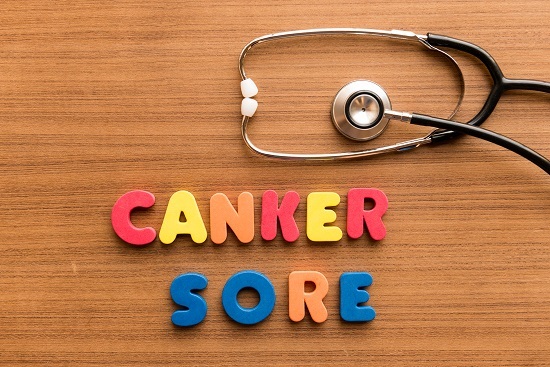Memories are basically what shapes a person’s life, and most certainly comprises the history of each personal story. Alzheimer’s disease (AD), robs its victims of these treasured memories, leaving people void of the knowledge of their past. But, recently,...

Memories are basically what shapes a person’s life, and most certainly comprises the history of each personal story. Alzheimer’s disease (AD), robs its victims of these treasured memories, leaving people void of the knowledge of their past.
But, recently, a group of high school students, in Michigan, used modern technology to enable people with Alzheimer’s dementia (the late stage of Alzheimer’s) to connect with their memories. The project, “Creating a Real-Life Video Experience for Individuals Facing Memory Loss,” is said to help people with dementia, as well as the students who are involved.
One personal story, featured on McKnight’s Long-Term Care News is about a 91 year old woman, named Arlene. Arlene has dementia, but, yet, she’s smiling in the featured article’s video, as she bee bops to a song from her time: Glen Miller’s “In the Mood.” Sabrina Helmer, a 17 year old high school student, sits beside Arlene in the video, as she sings along to the tune.
Sabrina says that she began working on the video project to help people with AD and other forms of dementia, recall important memories. Sabrina added that she knew that losing touch with cherished happenstances (and people) from the past would most certainly cause depression.
The Video Project
The project was started by the president and CEO of a senior living facility, Denise Rabidoux at EHM Senior Solutions. “I wanted the students to see that people with dementia can live full and joyful lives, even if they’re now living their life in a different way,” says Rabidoux. “This project offered a person-centered way for students to find out as much as they could about this person with dementia and create a multi-dimensional friendship.”
The video project combined students from Saline High School’s STEAM Program involving elderly people with memory problems. STEAM stands for science, technology, arts, engineering, and manufacturing.
Sabrina and Arlene were assigned to each other. The other students were teamed up with men living in EHM’s residential care facility. Arlene resides at EHM’s memory support center—for those with memory problems, like Arlene.
The high school students work to create images that people with dementia (and other memory problems) can access that will help trigger their memory. Training was provided by EHM’s staff members, as well as by project managers and videography experts from iN2L—a tech company that offered its FOCUS touchscreen tablet for students to record the videos.
The FOCUS tablet can hold personal videos and photos to help prompt a person’s memory. It also has a selection of memory games and brain fitness programs. The tablet is utilized by senior living facilities across the country to help promote better memory care for residents.
How the Technology Works
Arlene had never seen the device before and she was happy to be working on it with Sabrina-who shows Arlene a video of the senior’s home and yard. The two proceed to talk; Arlene talks about being a Girl Scout troop leader and going camping. The iN2L is one of many new technical devices designed to help people with Alzheimer’s disease. Students from all walks of life, at schools across the country, are joining the efforts to help with the cause, as a vital part of the team that helps people with dementia learn how to use the technology. But, it goes beyond learning about the use of new technology. As Sabrina puts it, you have to connect on a deeper level, “It’s human emotions that you have to connect with first,” she says.
“This project is a great example of giving older adults a personal connection to technology,” Rabidoux said. “The experience also helped to push past the misconception that people with dementia are unable to engage in a meaningful way and maintain relationships.”















